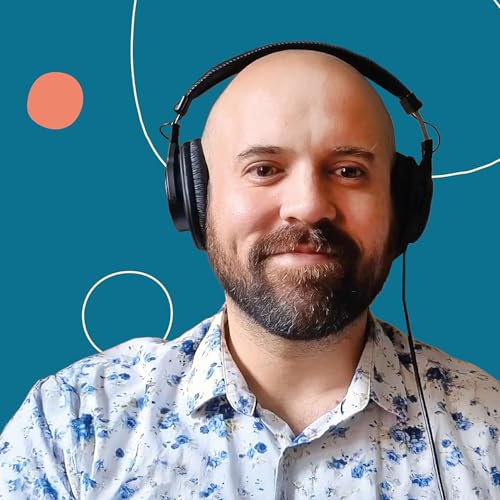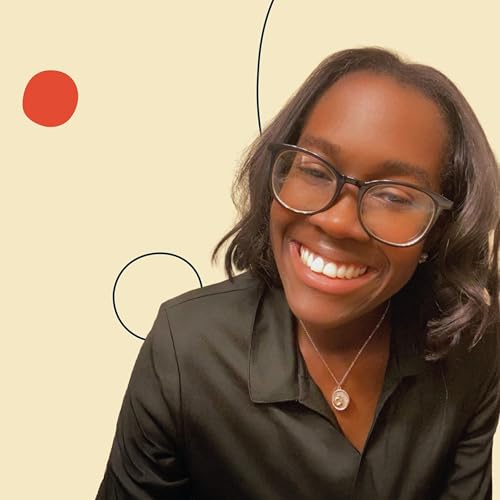This week we’re revisiting one of our favorite ADHD Aha! episodes.
Ange Nolan once suspected she had ADHD but was dismissed by her doctor. Years later, an ADHD “iceberg” graphic that visualized how so many ADHD symptoms live beneath the surface finally made everything click.
After her diagnosis, Ange recognized how much ADHD had shaped her romantic relationships, her drive for intense connection, her “chameleon” behavior, and her impulsive career changes.
Be sure to tune in next time! Ange is coming back to tell us how life has changed in the three years since her episode aired. Spoiler: She’s doing great.
For more on this topic:
- Listen: ADHD and messiness (Jeannie’s story)
- Read: ADHD and emotions
- Read: Understanding impulsivity
- Listen: ADHD and marriage (Rachel and Jon’s story)
Timestamps:
(00:50) The ADHD iceberg moment that revealed hidden symptoms
(05:20) Early warning signs, misdiagnosis, and feeling dismissed
(09:40) Career pivots, masking, and finding work that finally fits
(15:30) Impulsivity, hyperfixation, and burnout in relationships
For a transcript and more resources, visit ADHD Aha! on Understood.org. You can also email us at adhdaha@understood.org.
ADHD Unstuck is a free, self-guided activity from Understood.org and Northwestern University designed to help women with ADHD boost their mood and take small, practical steps to get unstuck. In about 10 minutes, learn why mood spirals happen and get a personalized action plan of quick wins and science-backed strategies that work with your brain. Give it a try at Understood.org/GetUnstuck.
Understood.org is a nonprofit organization dedicated to empowering people with learning and thinking differences, like ADHD and dyslexia. If you want to help us continue this work, donate at understood.org/give
Hosted by Simplecast, an AdsWizz company. See pcm.adswizz.com for information about our collection and use of personal data for advertising.
 24 分
24 分 18 分
18 分 28 分
28 分 26 分
26 分 26 分
26 分 2025/12/0930 分
2025/12/0930 分 31 分
31 分 22 分
22 分
